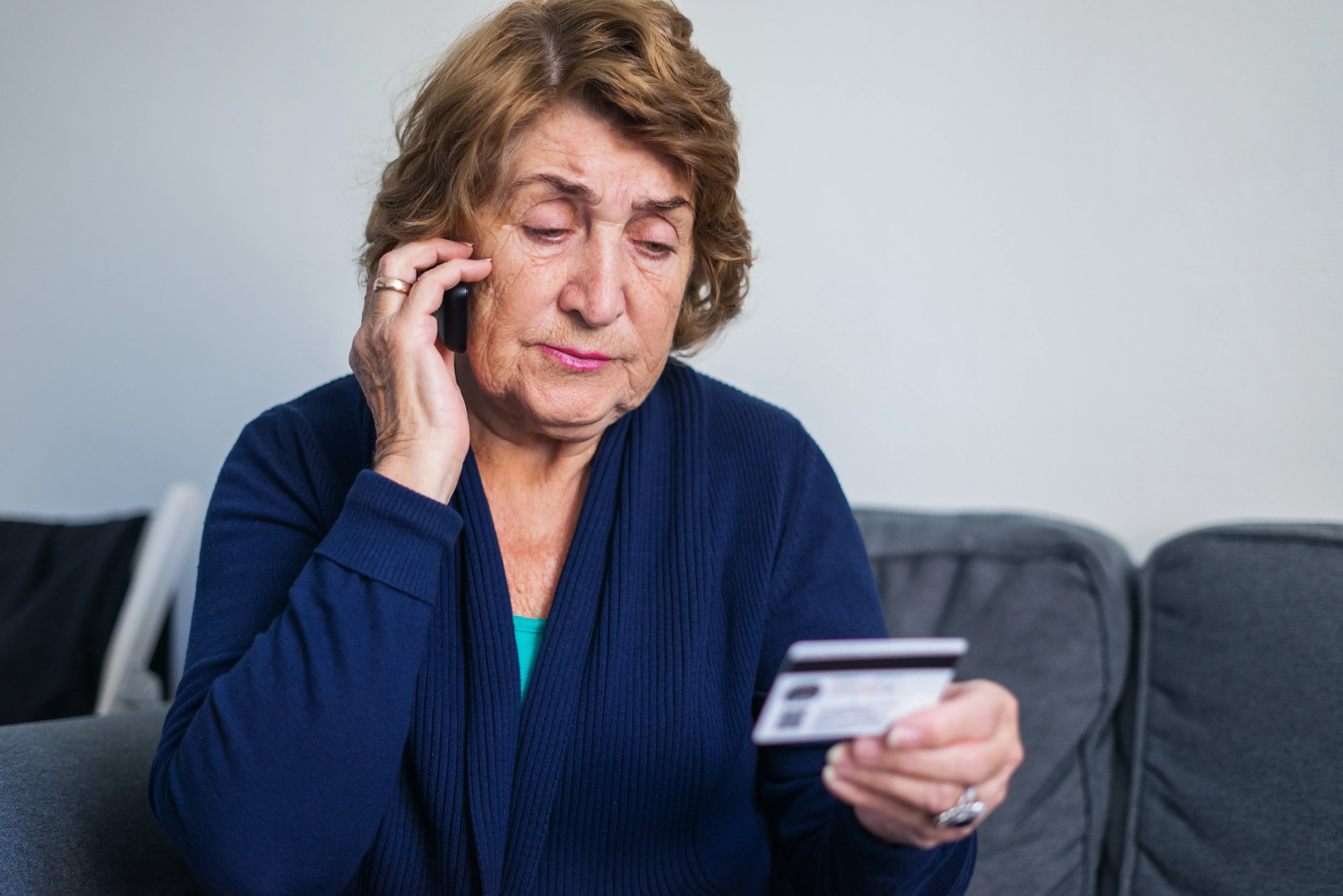Is It Safe Or Is It A Health Care Scam?
As technology evolves, so do the tactics of scam artists. Be careful to avoid falling victim to fraud.
Scams involving health care organizations have increased. Customers should never share personal or financial information, including credit card numbers, until you’re certain that the request comes from a trustworthy source.
6 Signs It Is a Scam
1. Name-dropping: Scammers often pretend to be real companies to convince customers that they are trustworthy. If your health care organization’s name and/or logo are used in emails or on letterhead and you are suspicious, call the facility to find out if what you received is authentic. The person you contact can also help the facility become aware of potential scams.
2. Ultimatums and surprises: Scammers may demand emergency payment or suggest that a bill or policy is about to lapse. A reputable health care company may call to offer account resolution options, such as a payment plan or financial aid, but will never demand payment on the phone or in a text.
3. Lotteries and prizes: Scammers often use sweepstakes to attract consumers. They may ask for first payments via phone, text or email. A reputable health care organization doesn’t take part in lotteries or promotions offering monetary prizes or gift cards.
4. Bad behavior: Scammers may use threatening words or become easily flustered, especially if you refuse to share your information with them. An official representative of a trusted health care organization wouldn’t lose their temper with customers.
5. Odd timing: If the call comes unexpectedly, it could be a scam. Regular billing periods and pre-scheduled premium notices are regular practices for trusted health care organizations.
6. A funny feeling: Health care organizations may call, text or email for pre-registration or with treatment follow-up information. They may also use third-party agencies for surveys or collections. If you are suspicious about an incoming call, especially if it’s one you didn’t expect, hang up and call your health care provider. Again, a trusted health care organization will never ask for payment by phone.
What if I shared my personal information with a potential fraudster?
If you supplied any personal or confidential information and think you are part of a scam, immediately contact local law enforcement authorities. If you provided financial or account information, contact the proper financial entities to report the possible fraud and to manage your accounts.
